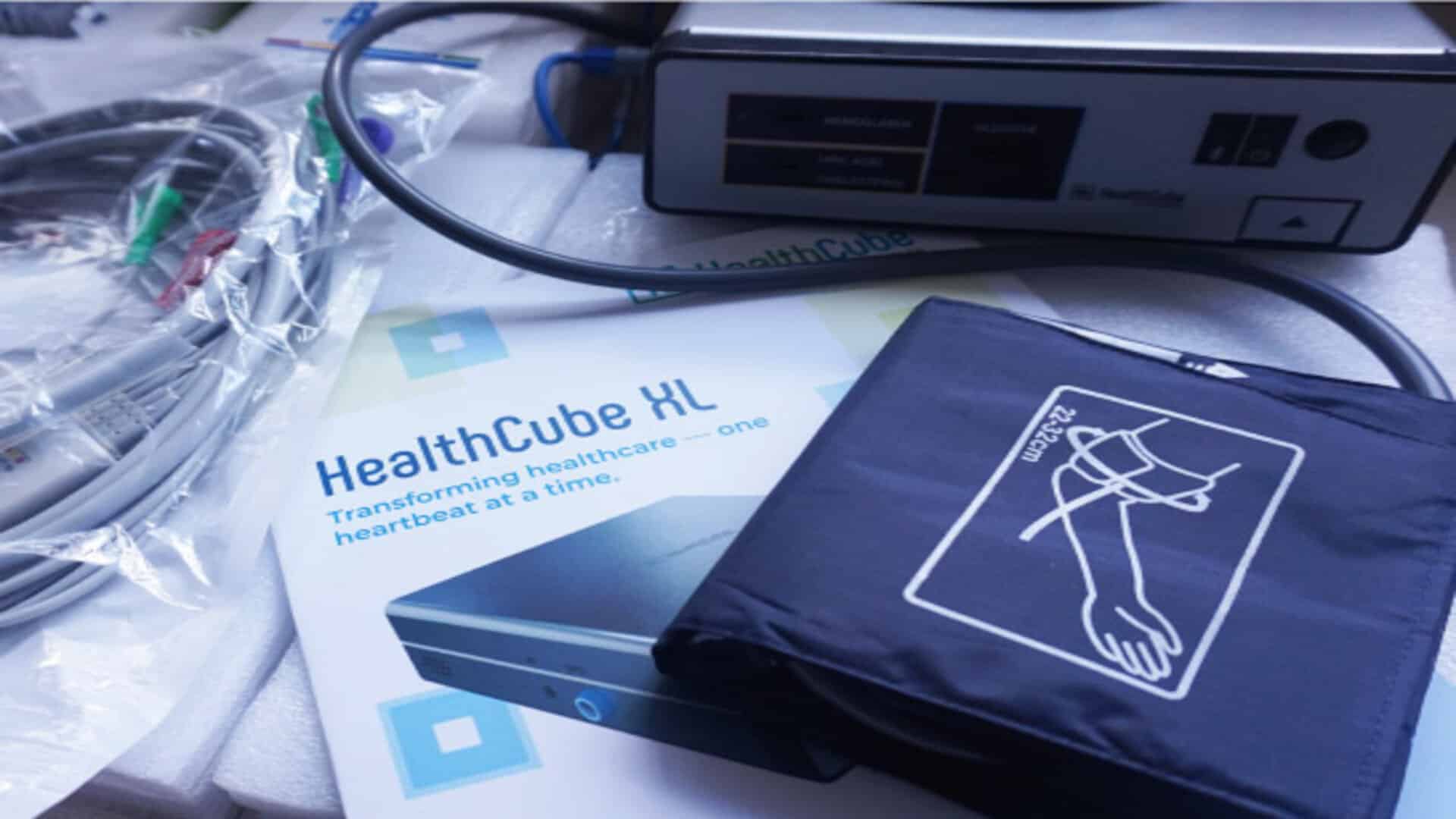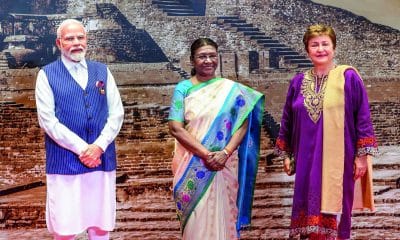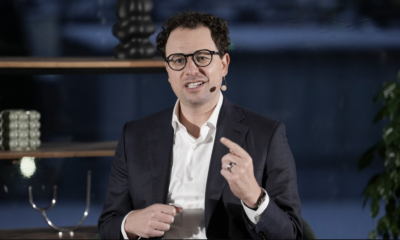Industry
Early diagnosis is key to effective treatment: HealthCube CEO Runam Mehta
Early diagnosis is key to effective treatment, reduced morbidity and mortality and a steppingstone to predict disease outbreaks, says Runam Mehta, CEO of HealthCube, a health-tech company. She believes innovation in healthcare must be constant and consistent. The COVID-19 pandemic has highlighted the significant role of the medical diagnostic industry.
In an exclusive interaction with MyBigPlunge, Mehta has shared some insights in the diagnostic industry.
Has healthcare diagnostic technologized in the past decade?
During the past decade, near-patient testing has become more common with the introduction of personal glucose monitors and apps that allow easy home sample collections. A number of tech-driven startups have developed advanced and easy-to-use point-of-care (POC) diagnostic solutions that are ideal for Indian conditions. POC tests are becoming increasingly sophisticated, adopting lab-on-a-chip technology, ability to multitask, increasing the efficacy of patient care. Recent advancements in biosensing technology, microfluidics, and paper-based diagnostics show promising results, also improving the quality and efficiency of diagnostics in remote and resource-limited areas. Overall, a conducive environment is being built with a focus on rapid development and the introduction of POC diagnostic solutions.
How have emerging technologies empowered healthcare diagnostics?
Cutting-edge solutions powered by data analytics, AI, Cloud, telecommunications, and wireless technologies are improving access and quality of healthcare services across the country. IoT-enabled devices and telecommunication components can provide real-time remote care. Diagnostic devices that use such technologies are more precise, compact, fast and easy to deploy under varied circumstances. Not only that, technology-led healthcare ecosystems can be built on the basis of three pillars that are absolutely crucial: mobility, simplicity, and automation.
Has it also made healthcare costly?
The rising cost of healthcare is a continuing concern, globally. Healthtech advancements must enhance the quality of life for all strata of society by providing affordable solutions. Innovations have benefited both patients and providers. At scale, technology such as artificial intelligence (AI) can help minimize inefficiencies, ensure substantially more streamlined and cost-effective healthcare ecosystems. Globally, governments need to carefully craft regulations to ensure that benefits are experienced by the masses and not the privileged few.
Do you feel there is a need for more innovative technologies to detect viruses that have the potential of turning into pandemics?
Early diagnosis is key to effective treatment, reduced morbidity and mortality and a steppingstone to predict disease outbreaks. Innovation in healthcare must be constant and consistent. POC devices offer quick results and faster implementation of therapy. They also bring several other benefits, such as portability, convenience, speed, connectivity, etc. The most evident benefit of rapid POC devices is their potential to expedite medical decision-making. The POC devices can help capture clinical data from remote areas in real-time. IoT-enabled POC devices can be used to identify & predict health outcomes both at an individual level and at scale.
Innovative technologies like ‘Predictive Analytics’ needs to be explored!
Did the COVID-19 pandemic impact the healthcare diagnostic industry in any way?
The world is in dire need of faster, cheaper, and more efficient tests that can be performed at the bedside, something that has been made more evident by COVID-19. This is even more crucial in developing countries and in case of emergencies. This is where POCs can become an enabler, an ideal solution to all these problems of the global healthcare infrastructure and connectivity. The pandemic heightened awareness about the importance of POC tests including rapid diagnostic kits. Amid COVID-19 importing testing kits and diagnostic devices from foreign lands became challenging, this created a need to be ‘Aatma Nirbhar’. The diagnostics industry has emerged as an attractive arena in India’s growing healthcare sector. Moreover, the sector is witnessing a growing emphasis on the emergence of the Public-Private Partnership (PPP) model.
Diagnostics labs are still seeing high volumes of COVID-19 tests, they are leveraging digital technology to strengthen logistics and operations in order to improve their reach. Apps offering at-home sample collections turned unicorns.
How has the industry transformed in the past five years?
India ranks among the top 20 markets for medical devices worldwide, which is expected to rise at a CAGR of 37%, reaching $50 billion by the end of 2025, from its value of $10.36 billion in 2020. The Indian medical devices market houses several large multinationals and small and midsized companies. Not only this, the Indian diagnostics and medical devices industry is globally known for driving innovations with a pro-patient mindset. The Government of India’s ‘Make in India’ initiative and relaxed FDI regulations have transformed the medical device market in India.
To spur the local manufacturing and attract huge global investments, the government has launched two additional schemes last year: sanctioned Rs 400 crore for the setting up of four medical device parks and Production Linked Incentive (PLI) scheme for domestic manufacturing of medical devices, with a total outlay of funds worth Rs.3,420 crore (US$ 468.78 million) for the period FY21-FY28.
Also Read: High levels of COVID-19 infection will lead to new variants: WHO
POC devices act as a steppingstone in clinical diagnosis since they reduce the burden on the advanced medical ecosystem. Hence, India is one of the countries where the POC diagnostic devices industries can progress quickly and fulfill the health care demand of its large population.
HealthCube was founded in 2015 by Dr Ramanan Laxminarayan with the vision of transforming health outcomes through timely and accessible diagnostics. It has footprints across four continents. HealthCube devices are integrated with eSanjeevani, a telemedicine system deployed nationally for the Ministry of Health & Family Welfare under the Ayushman Bharat Scheme of the Government of India.










































Pingback: IndiGG raises $6mn funding from Sequoia Capital India, others
Pingback: Sahicoin has raised $1.75 million in the latest seed round.